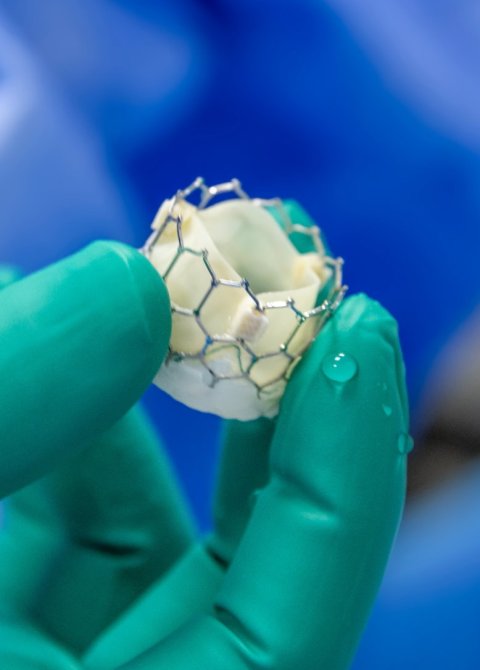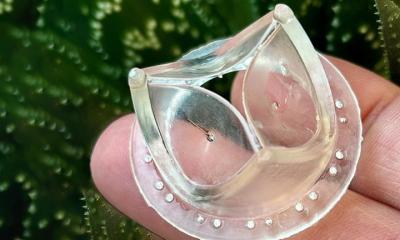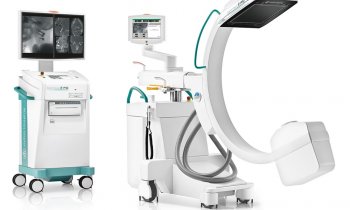© Damian – stock.adobe.com
News • Impact on long-term survival
Biological vs mechanical heart valve replacement: study compares outcomes
The last two decades have seen an increase in the use of biological over mechanical heart valve replacements. However, while short-term clinical outcomes are known to be the same, long-term outcomes are still under debate.
Existing guidelines support the use of mechanical valves made of synthetic materials in patients below the age of 50, while biological valves made of animal tissue are favoured for those above the age of 65 or 70. The guidelines leave the choice to the decision of surgeons and patients who are 50 to 70 years old.
A research team led by the University of Bristol wanted to find out the clinical outcomes for patients aged between 50 to 70 years undergoing elective and urgent heart valve replacement at the Bristol Heart Institute (BHI) over a 27 year period [1996 to 2023]. The researchers also sought to investigate trends, early outcomes and long-term survival rates, the incidence of repeat valve interventions and patient prosthesis mismatch (PPM). Their findings were published in the European Journal of Cardio-Thoracic Surgery.
The evidence supporting better long-term survival in patients receiving a mechanical heart valve suggests the current trend favouring biological valves in this age bracket should be urgently reconsidered
Gianni Angelini
A total of 1,708 (61% male) patients with an average age of 63 years were included with 1,191 (69.7%) receiving a biological valve replacement. The research found there were no short-term differences when comparing patients receiving biological and mechanical valves. However, patients who received mechanical valves had better long-term survival up to 13 years after having surgery.
Patients with a size 19 mm biological valve replacement (a fairly small valve commonly used in females) had the worse long-term survival. Patients with a size 21 mm mechanical valve had better survival compared to both size 19 and 21 mm biological valves. The study confirmed that severe PPM is a significant risk factor for poor long-term survival.

© mehmet – stock.adobe.com
Gianni Angelini, BHF Professor of Cardiac Surgery at the Bristol Medical School: Translational Health Sciences (THS), Director of the Bristol Heart Institute and corresponding author, said: “Our study has implications for decision-making in surgical heart valve replacements for patients aged between 50 and 70 years old. The evidence supporting better long-term survival in patients receiving a mechanical heart valve suggests the current trend favouring biological valves in this age bracket should be urgently reconsidered. The survival benefit is especially clear in smaller sized valves.”
The research team recommends the evaluation of the long-term benefits associated with mechanical valves, especially in smaller sizes, despite long-term blood thinners not being needed with biological valves.
Limitations of the study include its single-institution design, retrospective collection of data, and absence of randomisation, which make the study open to bias. The lack of echocardiographic information could potentially underestimate the incidence of structural valve failure. In terms of repeat valve interventions, only patients who underwent re-do surgical aortic valve replacement or valve in valve transcatheter aortic valve implantation (TAVI) at the BHI were included. As the BHI is a supra-regional centre, it is very unlikely that many patients might have undergone reintervention in other institutions. The cause of death (cardiovascular/non cardiovascular) was not available.
Source: University of Bristol
13.02.2025











